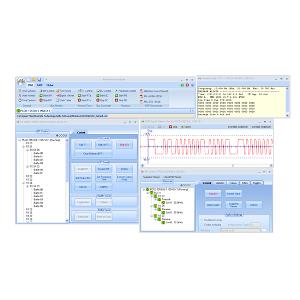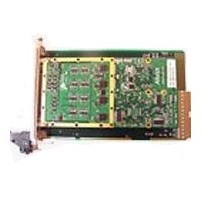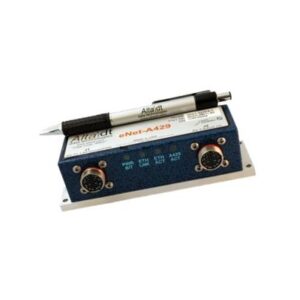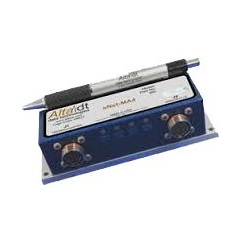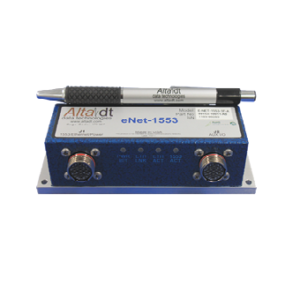PMCE-1553 | 2 Channel MIL-STD-1553 to Ethernet PMC Bridge
- 10/100/1000 Ethernet <-> MIL-STD-1553 Applications
- Thin-Server, Real-Time IP/UDP Ethernet to/from 1553 **
- Full BC, mRT, BM, Signal Capture Capability
- Auto BM Mode for 1553->Ethernet Bridging
- 1-2 Dual Redundant 1553 Channels ***
- Auto Load BC, RT and BM Images for Fast Startup
- P2 Power Only. P4 or Front Panel Ethernet and I/O.
- IRIG-B RX Decode, PPS, Triggers, Discretes
Hardware Datasheet:
Software API Datasheet:
Additional Information:
PMCE-1553™ is an innovative product that provides 1553 operations via 10/100/1000 Ethernet IP/UDP local area networks (LAN) backplane. PMCE-1553 is a standard PMC form factor card, but instead of PCI backplane, PMCE-1553 uses the P4 connector for Ethernet based control and communications.
Alta has combined the industry’s most advanced 32-bit 1553 FPGA protocol engine, AltaCore™, with a real-time IP/UDP thin server. The customer can implement their application with the same feature-rich application programming interface, AltaAPI™, as used with standard cards – often without even recompiling – the utlimate in code portability.
For systems that require DO-178 level compliant software, PMCE-1553 is ideal because you can utilize the operating system’s compliant IP/socket level functions. PMCE-1553 can be flash programmed with 1553 predefined buffers and the application code simply performs standard socket access to 1553 BC, RT or Monitor buffer. No need to have extra compliant level application or driver stack!
**NOTE: PMCE-1553 (server) is a real-time Ethernet/1553 device, but your computers’ (client) IP stack may not be! The PMCE-1553 device provides real-time UDP receive and transmit requests to 1553 buffers, but the SBC/client’s IP/UDP stack will induce path delays as compared to PCI backplane cards. For most applications, this is not an issue, but feel free to contact Alta to discuss your computer’s path delay impact.
***Contact Atla for two channel configurations.


